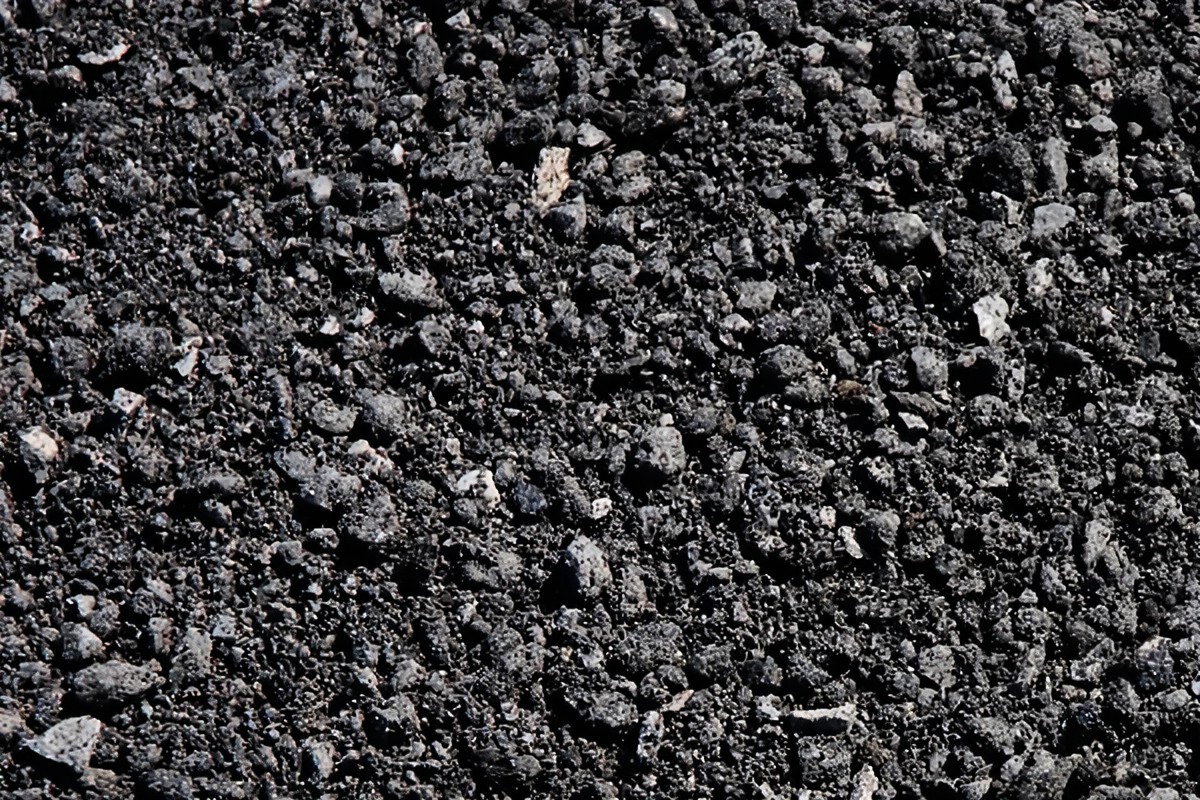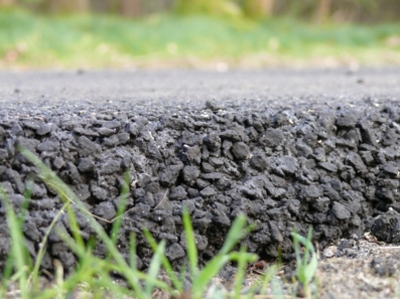Boost Your Business Room with Hot Mix Asphalt Paving Solutions
Boost Your Business Room with Hot Mix Asphalt Paving Solutions
Blog Article
Exploring the Ecological Benefits of Warm Mix Asphalt
The use of Warm Mix Asphalt in facilities tasks presents an engaging situation for sustainable growth and environmental stewardship. By delving into the complex details of its production processes and the innovative use recycled products, a deeper understanding arises of just how this technology goes past simple surface applications. The ecological advantages of Hot Mix Asphalt prolong much beyond preliminary perceptions, supplying a nuanced viewpoint on how this product can lead the way for a greener future.

Reduced Greenhouse Gas Emissions
The production procedure of Warm Mix Asphalt involves heating up the blend of accumulation and asphalt binder to high temperature levels. By incorporating recovered asphalt sidewalk and recycled asphalt tiles right into the mix, the need for virgin products is decreased, leading to power financial savings and lowered exhausts associated with removal and handling.
Researches have actually revealed that Hot Mix Asphalt sidewalks have a smaller carbon footprint over their life cycle contrasted to other sidewalk alternatives. The resilience and recyclability of Hot Mix Asphalt additionally boost its environmental advantages by reducing the need for constant maintenance or substitute, therefore saving resources and decreasing emissions linked with reconstruction tasks.
Power Effectiveness and Conservation
The production procedure of Warm Mix Asphalt not only reduces greenhouse gas exhausts however also contributes dramatically to power effectiveness and preservation efforts. Energy performance is an essential benefit of Warm Mix Asphalt production compared to various other pavement kinds. The process entails heating the materials at high temperatures to produce the asphalt mix, which requires less energy than different techniques. Furthermore, the capability to recycle and reuse asphalt pavement additionally boosts energy preservation. By incorporating recovered asphalt pavement (RAP) into brand-new blends, the industry saves power that would certainly have been required to create totally brand-new products. Additionally, the longevity of Hot Mix Asphalt decreases the regularity of maintenance and repair, causing long-lasting power savings. This longevity lessens the energy-intensive processes involved in constant fixings and replacements. Generally, Hot Mix Asphalt sticks out as an eco-friendly choice that prioritizes power efficiency and preservation throughout its lifecycle.
Sustainable Pavement Solutions

One key aspect of sustainable pavement remedies is making use of recycled products such as recovered asphalt sidewalk (RAP) and recycled asphalt shingles (RAS) By integrating these products into the asphalt blends, the need for virgin resources is lowered, bring about reduced energy intake and greenhouse gas emissions throughout production. In addition, the reuse of these products helps divert waste from garbage dumps, adding to a much more sustainable and round economic climate.
In addition, sustainable pavement solutions concentrate on enhancing pavement style to boost performance and long life. Techniques such as warm mix asphalt (WMA) and rock mastic asphalt (SMA) improve the toughness and resilience of sidewalks, minimizing the demand for constant repair services and substitutes. By applying these cutting-edge approaches, facilities designers can develop sidewalks that not just fulfill high-performance requirements however additionally decrease their environmental impact.
Minimized Environmental Effect
With a concentrate on sustainability and eco-conscious practices, pavement services are designed to reduce the ecological impact of building and construction and upkeep procedures. Warm mix asphalt, specifically, supplies numerous advantages that add to reducing the overall ecological footprint of roadway framework. One crucial facet great post to read is the recyclability of asphalt, which can be recycled multiple times without jeopardizing its top quality. This particular aids in saving all-natural resources and lowering the quantity of waste sent to landfills.
Furthermore, the production of hot mix asphalt gives off reduced degrees of greenhouse gases contrasted to other pavement products, making it a much more environmentally pleasant alternative. The energy effectiveness of asphalt plants has actually likewise enhanced for many years, leading to reduced fuel intake and reduced exhausts. In addition, the smooth surface of warm mix asphalt minimizes rolling resistance for automobiles, leading to reduced fuel intake and reduced air contamination from car discharges.
Contribution to Climate Adjustment Mitigation
Warm mix asphalt plays a crucial role in mitigating climate adjustment via its sustainable homes and minimized environmental effect. One significant contribution to environment change reduction originates from the power effectiveness of warm mix asphalt production. Contrasted to various other pavement choices, the manufacturing process for warm mix asphalt eats less power and gives off reduced check my source levels of greenhouse gases, hence lowering its overall carbon impact.
Furthermore, warm mix asphalt's capability to show sunshine, called albedo, helps in reducing metropolitan warmth island results. By reducing warmth absorption and retention, warm mix asphalt sidewalks can lower the need for air conditioning in city areas, consequently decreasing greenhouse gas emissions associated with energy intake for cooling functions.
In addition, the longevity and recyclability of hot mix asphalt better improve its climate change reduction capabilities. Regrading. The long life expectancy of asphalt pavements minimizes the demand for frequent repairs or substitutes, inevitably decreasing the carbon discharges connected to roadway maintenance activities. The recyclability of asphalt materials lessens the demand for virgin sources and decreases the ecological influence of pavement building, aligning with sustainable practices for environment change reduction.
Final Thought
To conclude, the ecological benefits of Warm Mix Asphalt demonstrate its significant payment to reducing greenhouse gas emissions, conserving power, and reducing environmental influence. This lasting sidewalk service aligns with climate change mitigation initiatives, advertises resource conservation, and improves facilities advancement. By making use of recycled products, energy-efficient production procedures, and durable design, Hot Mix Asphalt plays an essential role in fostering an extra environmentally friendly approach to facilities building and construction.
The manufacturing process of Hot Mix Asphalt involves heating up the combination of aggregate and asphalt binder to high temperatures. By integrating redeemed asphalt sidewalk and recycled asphalt roof shingles into the mix, the need for virgin products is minimized, leading to energy cost savings and lowered exhausts associated with removal and handling.
One secret element of sustainable pavement options is the usage of recycled materials such as redeemed asphalt sidewalk (RAP) and recycled asphalt tiles (RAS) Strategies such as warm mix asphalt (WMA) and stone mastic asphalt (SMA) improve the sturdiness and strength of pavements, reducing the need for constant her comment is here repairs and replacements. Compared to various other pavement options, the production procedure for warm mix asphalt eats much less energy and produces reduced levels of greenhouse gases, therefore minimizing its overall carbon impact.
Report this page